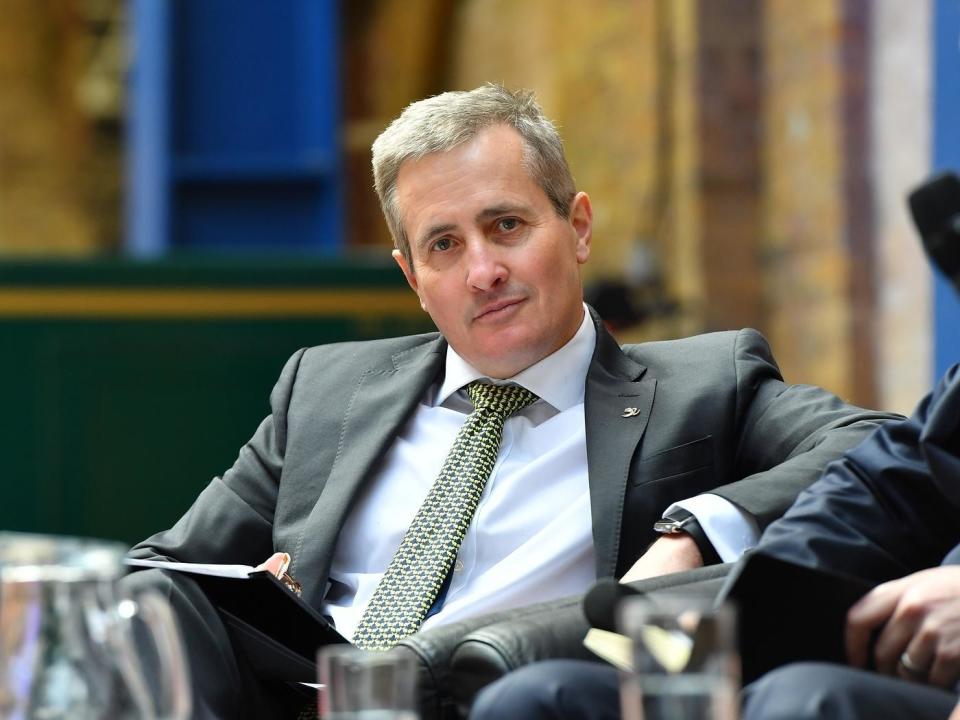Berkeley Group's boss sounds alarm on hard Brexit threat to housing

The boss of one of London’s biggest housebuilders on Friday pleaded with politicians to avoid a hard Brexit disrupting the vital flow of materials into the UK.
Berkeley Group, which accounted for more than 10% of the capital’s private and affordable homes in the six months to October, imports around half its materials from Europe, as well as relying on an EU workforce.
Chief executive Rob Perrins called for a “pragmatic” solution ahead of a critical vote on Theresa May’s withdrawal deal, the defeat of which is likely to presage another period of turmoil at Westminster next week.
Perrins warned: “I hope we find a solution that doesn’t keep the uncertainty running on or means we get a very hard Brexit, which doesn’t allow the free movement of materials. Materials will be the issue, if you have short-term materials shortages.”
Berkeley imports timber from Holland, and cement and bricks from Belgium, while its cladding is sourced in the Far East but assembled on the Continent and imported on a “just-in-time” basis.
He added: “To reorder the supply chain will be difficult. When you switch, switching cladding will be really difficult. If you can’t get a building water-tight, it doesn’t matter that I can source a kitchen from the UK. I haven’t got a water-tight building.
“You have got to sort out your whole supply chain, because you will be held up by a part of it... Free movement of goods is critical and any government would want that. We won’t get fresh food. We won’t be the first business to run out. Hopefully pragmatism will come into play, it has to.”
Berkeley’s first-half profits slid 25% to £401.2 million, although “resilient” trading despite Brexit uncertainty and stamp duty tax hikes meant it upgraded full-year forecasts by at least 5%. The shares rose 3%, or 99p, to 3420p.
The firm has splashed out on 11 sites but has a cash pile of £859.7 million, up from £687.3 million in April. Perrins said it was “a bit underinvested”, adding: “It would be better to have it invested in the UK, employing people, but you take a degree of caution.”
Berkeley has committed to pay £280 million a year in dividends until 2025.
Canaccord Genuity’s Aynsley Lammin said: “Clearly the risk of a recession on the back of a disorderly Brexit cannot be ignored, but the group’s comments today confirm it is in great shape and, in a reasonable macro backdrop, has confidence in delivering good returns.”

